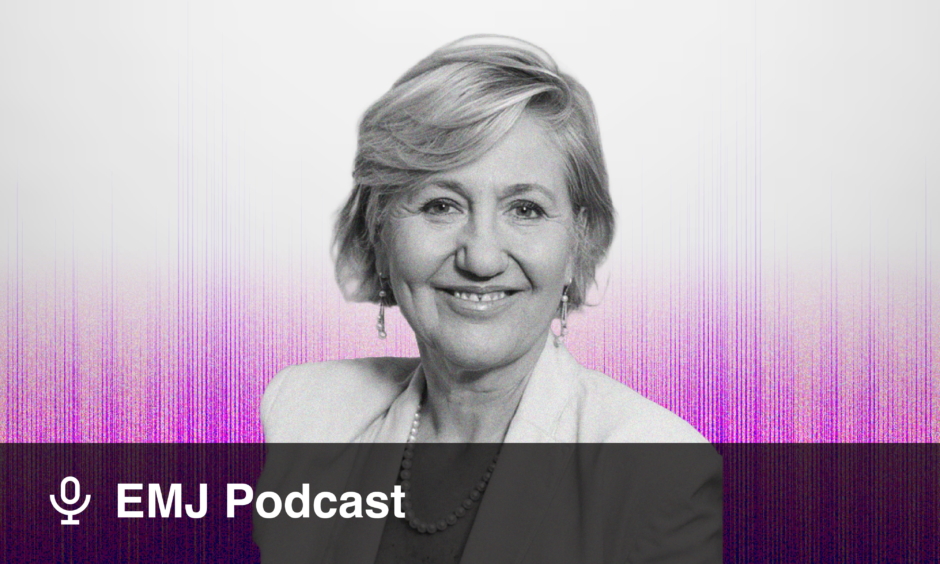HIGHER fear of COVID-19 predicts stronger vaccination intention in UK adults regardless of message framing type.
Study Design in UK Adults
In this randomized experiment, 200 adults aged 18 years and older in the United Kingdom were assigned to read either an individualistic or collectivistic COVID-19 vaccination message. After viewing the message, participants completed questionnaires assessing fear of COVID-19, vaccine hesitancy and their intention to receive a COVID-19 vaccination or booster. Data were collected cross sectionally using an online survey platform, and the investigators used analysis of variance to test how message framing and fear of COVID-19 related to vaccination intention.
They then applied logistic regression to examine whether demographic factors, prior vaccination history, fear of COVID-19 and message framing independently predicted intention to vaccinate. Key demographic variables included age, gender and ethnic background, along with whether participants had already received a COVID-19 booster dose.
Fear and Prior Behavior Outpace Message Framing
The study found no meaningful interaction between message framing and fear of COVID-19 on vaccination intentions. Simply changing the emphasis of the message towards individual benefits or community protection did not significantly shift intention in this adult UK sample. In contrast, higher levels of fear of COVID-19 were clearly associated with greater intention to accept vaccination, independent of the message type that participants viewed.
When all variables were considered together, fear of COVID-19, male gender and a history of receiving a prior booster emerged as significant predictors of vaccination intention. Message framing and age were not significant predictors in the final models. These findings suggest that emotional responses to the disease itself and established vaccination patterns may be more influential than the specific wording of public health messages.
Clinical Implications for Vaccine Hesitancy Campaigns
For clinicians and public health teams working to reduce vaccine hesitancy, this study highlights the importance of understanding patient fears and prior vaccination behavior. Exploring what specifically worries patients about COVID-19, and revisiting their experience with previous doses, may inform more tailored counselling than relying solely on individualistic or collectivistic framing.
Although conducted in UK adults, the results are relevant to US practice where booster uptake remains uneven. Integrating brief assessments of fear of COVID-19 and vaccination history into routine encounters could help identify those at higher risk of non-uptake and guide focused communication strategies that address concerns while reinforcing the benefits of staying up to date with COVID-19 vaccination.
Reference: Chapman S et al. Understanding vaccine hesitancy: The role of fear and message framing in COVID-19 vaccination intention in adults in the UK. Vaccine. 2025;69:127999.








